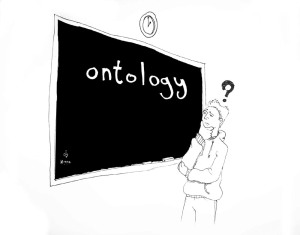 Dan Kaufman and I have done it again. We have produced another fun (well, to us!) video conversation, this time on the pretty tough philosophical issues surrounding that branch of metaphysics known as ontology, i.e., the study of what is.
Dan Kaufman and I have done it again. We have produced another fun (well, to us!) video conversation, this time on the pretty tough philosophical issues surrounding that branch of metaphysics known as ontology, i.e., the study of what is.
After a brief introduction to the general topic, we make a distinction between ontology and epistemology: it’s not just a question of what exists but, just as importantly, of how we know that something exists (or doesn’t). I make the suggestion that it is wise to always keep one’s ontology not too far from one’s epistemology…
But “know” here is yet another tricky word, as there are different theories of knowledge, and I suggest, in response to one of Dan’s excellent questions, that we deploy — sometimes without thinking — different conceptions of truth in different contexts. For instance, when we say that it is true that the Pythagorean theorem holds (yeah, yeah, in Euclidean geometry) we are not saying the same kind of thing as when we say that it is true that Saturn has rings. In the first case we deploy a coherence account of truth, in the second a correspondence account.
We then talk about materialism, and I admit to Dan that while I am a naturalist, I am not really a materialist, at least under certain conceptions of the term. I believe, for instance, that the Stoics virtues exist, but they are not made of matter, they are human concepts, necessary categories we use to talk to each other, tell each other what to do or not to do, and so forth. The same goes for a lot of other things, especially things that have to do with values.
Mind you, I’m not about to deny that every physical object is made of the same stuff (be it quarks, strings, or whatever physicists decide in the end). But I don’t think that an ontology based only on fundamental physics is sufficient to make sense of the world. Which, of course, brought Dan and I to discuss Wilfrid Sellars, the philosopher who introduced the famous distinction between the manifest and the scientific images of the world, and who was the subject of a separate dialogue published previously.
Near the end of the video we even get to re-examine Daniel Dennett’s famous contention that certain things (like consciousness, or the self) are “illusions.” We find that we may agree with Dennett only if we use the word “illusion” in a very specific metaphorical sense, and we are not positive that Dan (Dennett) would agree to be so constrained.
Enjoye the video!

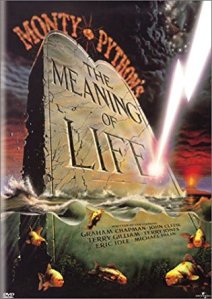 What does it mean to live the good life? I’m positive Donald Trump, or Jeff Bezos, would give you very different answers from the one you’d get from me. But they are wrong and I’m right. After all, they are just rich and powerful people, I’m a philosopher…
What does it mean to live the good life? I’m positive Donald Trump, or Jeff Bezos, would give you very different answers from the one you’d get from me. But they are wrong and I’m right. After all, they are just rich and powerful people, I’m a philosopher…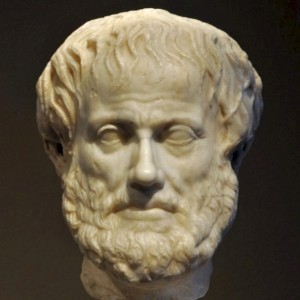 A New video in the ongoing Kaufman-Pigliucci series is out, this one on the question of whether teleology, the idea that things have a “purpose” in the strong Aristotelian sense of the word, still makes sense in light of modern science and philosophy.
A New video in the ongoing Kaufman-Pigliucci series is out, this one on the question of whether teleology, the idea that things have a “purpose” in the strong Aristotelian sense of the word, still makes sense in light of modern science and philosophy.
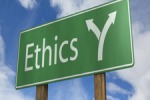
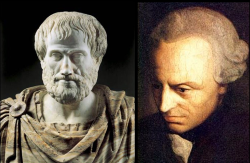
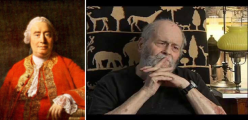 Recently Dan Kaufman and I have had another of
Recently Dan Kaufman and I have had another of 

You must be logged in to post a comment.